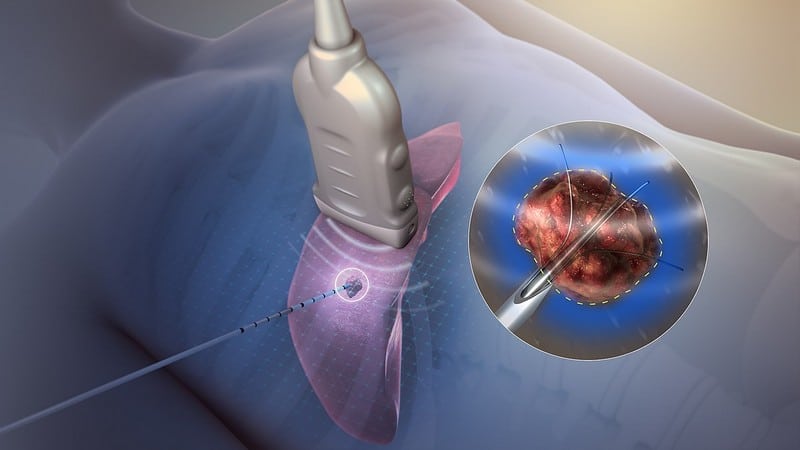Transurethral Needle Ablation

Transurethral needle ablation, or TUNA, is a surgical procedure that utilizes heat to destroy enlarged prostate tissue. Using low-level radiofrequency, this minimally invasive treatment causes heat-induced coagulation necrosis of enlarged prostate tissues while preserving the function of the urethra and adjacent parts. During the procedure, prostate tissue is heated at 110°C at an RF power of 456 kHz for about three minutes per lesion.
The procedure involves inserting a needle through the urethra into the prostate gland. Radiofrequency energy is then passed through the needle, which heats the tissue and destroys the enlarged prostate tissue.
Transurethral needle ablation is often used as an alternative to surgery for treating enlarged prostates. The procedure is generally safe and has a high success rate. However, some risks are associated with transurethral needle ablation, such as urinary incontinence and impotence.
This medical procedure is not ideal for all patients with prostate gland enlargement, so men must discuss treatment options with their doctors. Careful planning and attention to detail are essential for ensuring a successful outcome.










